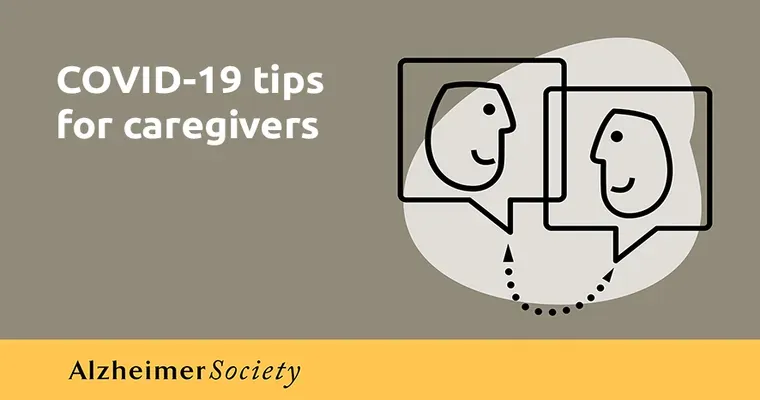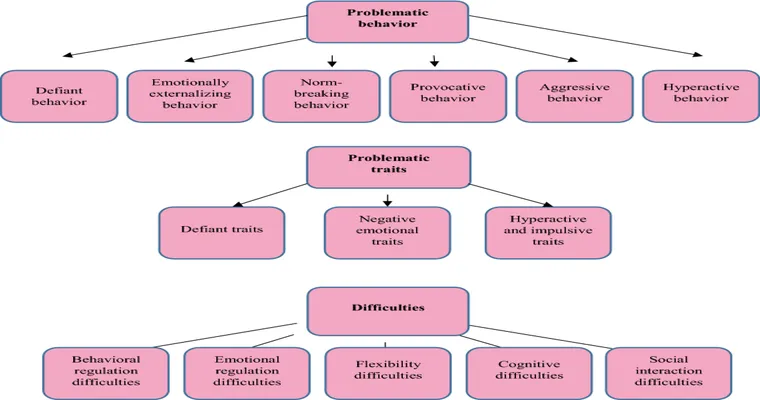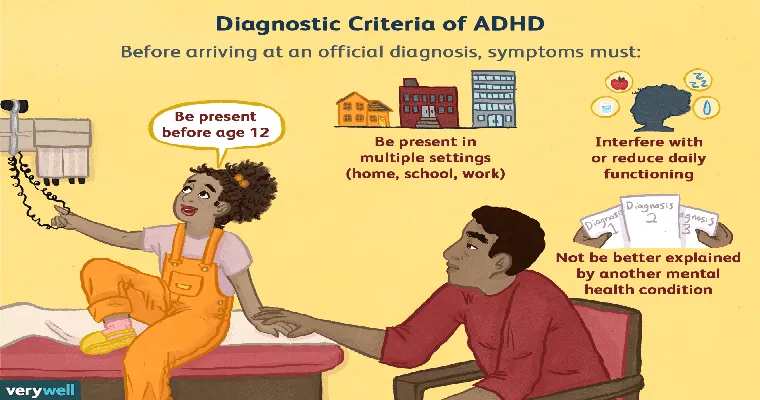Caring for a loved one with "dementia" can be challenging, especially when it comes to managing their behaviors in public settings. One effective tool that caregivers can utilize is "companion cards". These cards serve as a helpful resource for both caregivers and the individuals with dementia, providing essential information and strategies to navigate various social situations. In this article, we will explore how companion cards can enhance the experience of caregivers and their loved ones in public spaces.
Understanding Dementia Behaviors
Dementia can cause a range of behaviors that may be confusing or alarming to others. Individuals may experience "memory loss", "confusion", or even agitation in unfamiliar environments. These behaviors can lead to misunderstandings or negative reactions from bystanders, making it crucial for caregivers to have a plan in place. Companion cards can offer a practical solution to address these challenges.
What Are Companion Cards?
Companion cards are simple, portable cards that contain vital information about the individual with dementia. They can include details such as the person’s name, diagnosis, and specific behaviors that others might observe. Additionally, the cards can outline ways to approach the individual in a comforting manner or provide tips for de-escalating potential distress. By communicating this information effectively, caregivers can help others understand the situation and respond with empathy.
Benefits of Using Companion Cards
1. "Increased Awareness": Companion cards can raise awareness about dementia, helping the public understand that certain behaviors are symptoms of a medical condition rather than intentional actions.
2. "Improved Communication": These cards act as a bridge between caregivers and the public. They convey essential information quickly, reducing the need for lengthy explanations in stressful situations.
3. "Emergency Preparedness": In case of an emergency, companion cards can provide critical contact information for caregivers or family members, ensuring that the person with dementia receives appropriate assistance.
4. "Reduced Anxiety": Knowing that the individual has a tool that communicates their needs can ease anxiety for both caregivers and the person with dementia, allowing them to engage more fully in social activities.
How to Create Effective Companion Cards
Creating a companion card is a straightforward process. Here are some tips to ensure its effectiveness:
"Keep it Concise": Use clear and straightforward language. Include only the most essential information to avoid overwhelming the reader.
"Highlight Key Behaviors": Mention specific behaviors that may occur in public settings and provide a brief explanation of how these behaviors relate to dementia.
"Include Contact Information": Always add a phone number or contact details for the caregiver or a family member, making it easy for someone to reach out if needed.
"Use a Friendly Tone": The overall tone of the card should be positive and informative, helping to foster understanding and compassion.
Where to Use Companion Cards
Companion cards can be beneficial in various public settings, including:
"Shopping Centers": When navigating crowded stores, companion cards can help bystanders understand any unusual behavior.
"Restaurants": In dining environments, the card can provide staff information on how to assist the individual effectively.
"Public Events": At gatherings or community events, companion cards can serve as a quick reference for those interacting with the individual.
Conclusion
Using "companion cards" is a proactive approach for caregivers managing the complexities of "dementia behaviors" in public. By providing clear information and fostering understanding, these cards can enhance the quality of life for both caregivers and their loved ones. Implementing this simple yet effective tool can lead to more positive experiences in public settings, allowing individuals with dementia to enjoy social interactions with greater ease.





